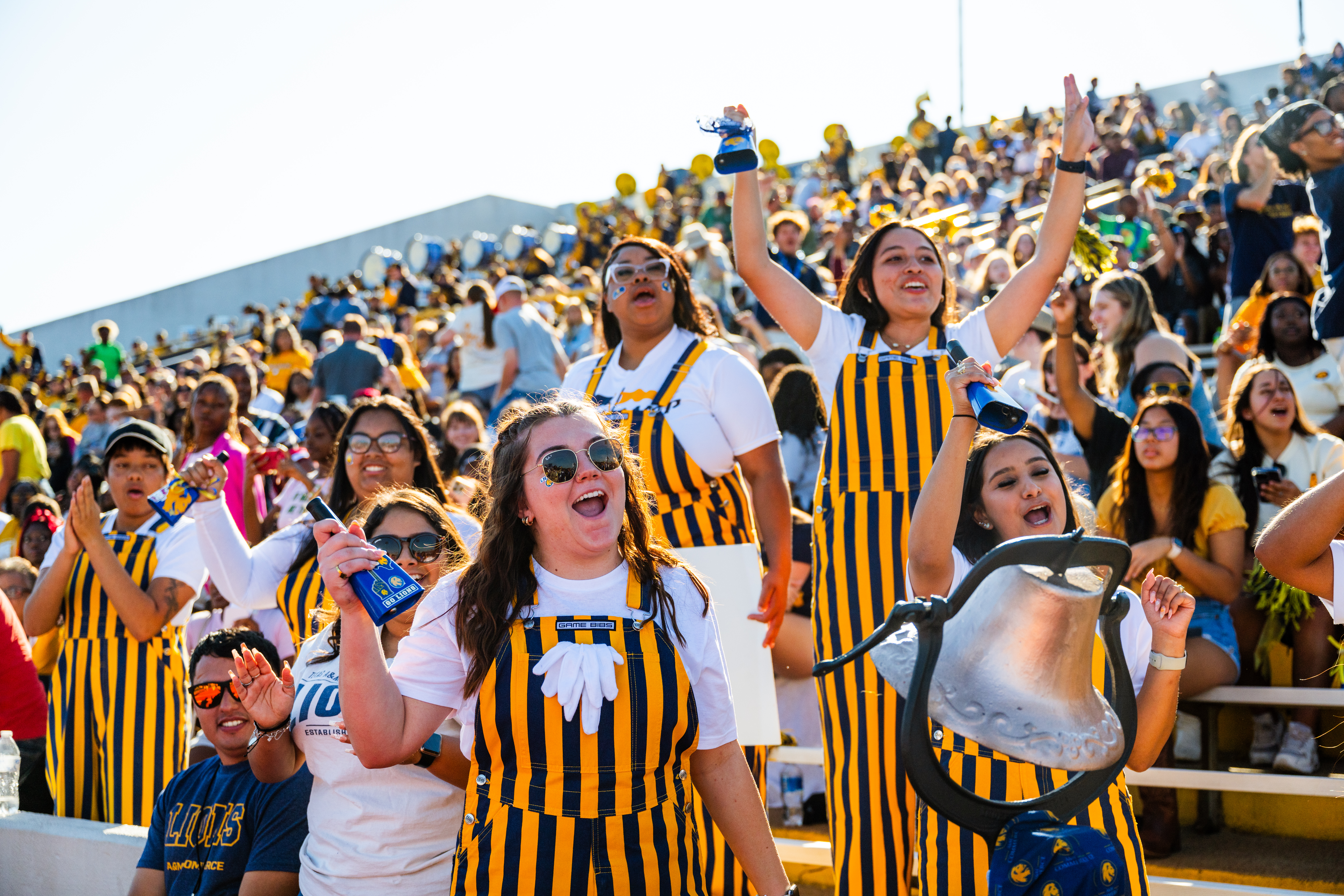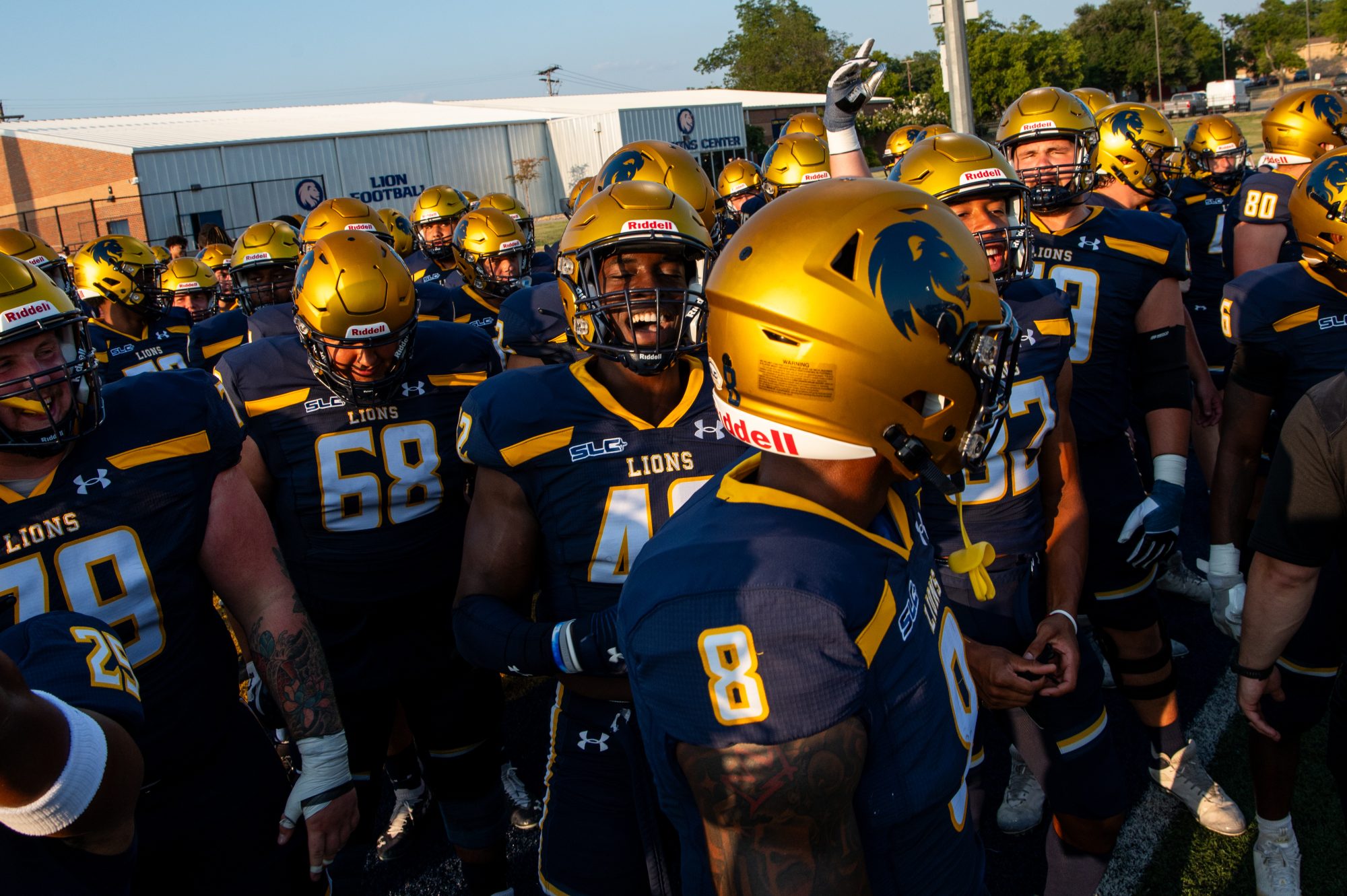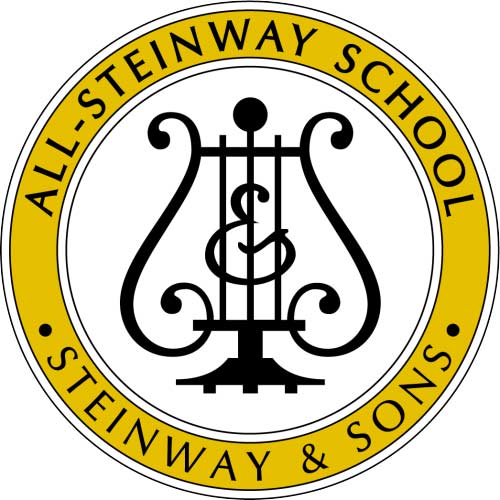Explore Our Programs
With over 130 degrees, you will be able to find the one that suits you best, and you will be on your way to the career of your dreams in no time at all.
Admissions
DISCOVER your future.
We'll give you the tools to start building the future you want at East Texas A&M. We focus on real-world knowledge and practical and leadership skills to take you far in your journey.
A Lifetime of Success
Make THE INVESTMENT.
Don't miss out on an opportunity to make an investment in yourself that pays off for a lifetime. Here at East Texas A&M, we can help you save on the cost of college, and earning a degree means you have the potential to earn more money over your lifetime than someone with just a high school diploma.
Let us show you just how affordable college can be.
Degree Programs
Push past expected.
Boost your career in one of our nationally recognized programs, including bachelor’s, master's and doctoral degrees, and graduate certificates. You'll learn from experienced faculty and form connections with peers who will become an integral part of your professional network.
Featured Stories
Accreditation | Accessibility Policy | Faculty Curriculum Vitae | Higher Education Opportunity Act | State Website Linking and Privacy Policy | Texas Consumer Resource for Education and Workforce Statistics | Texas Veterans Portal | University Police Department | Institutional Resume | Public Information | Risk, Fraud and Misconduct Hotline
















